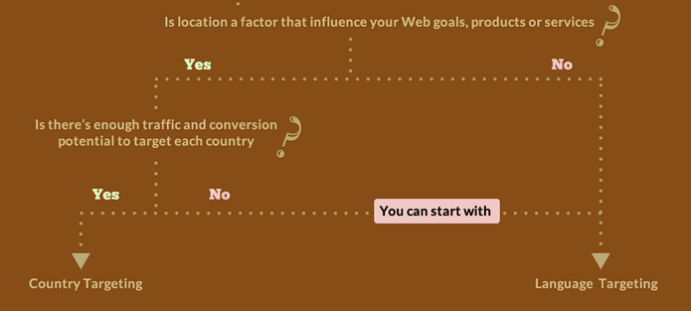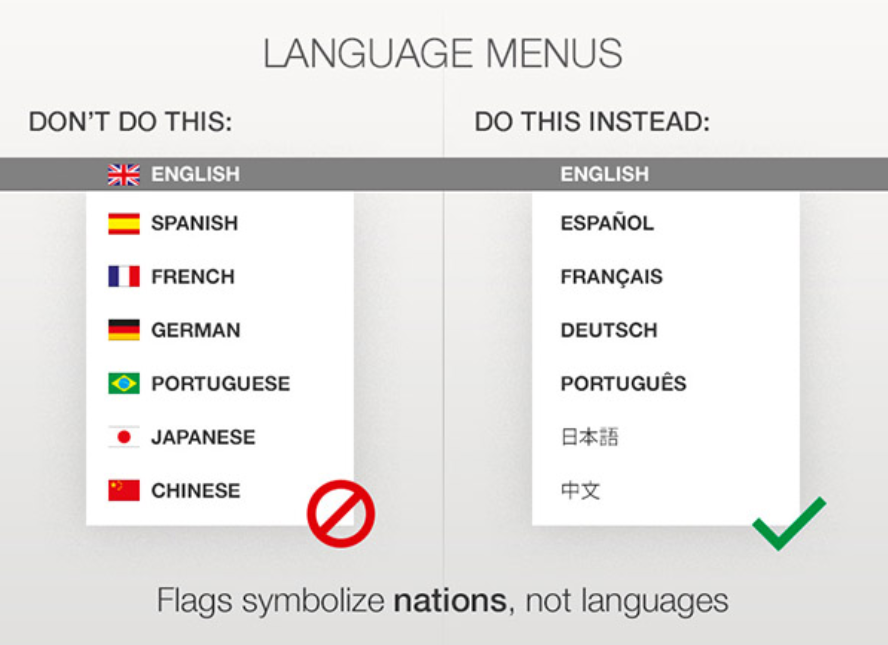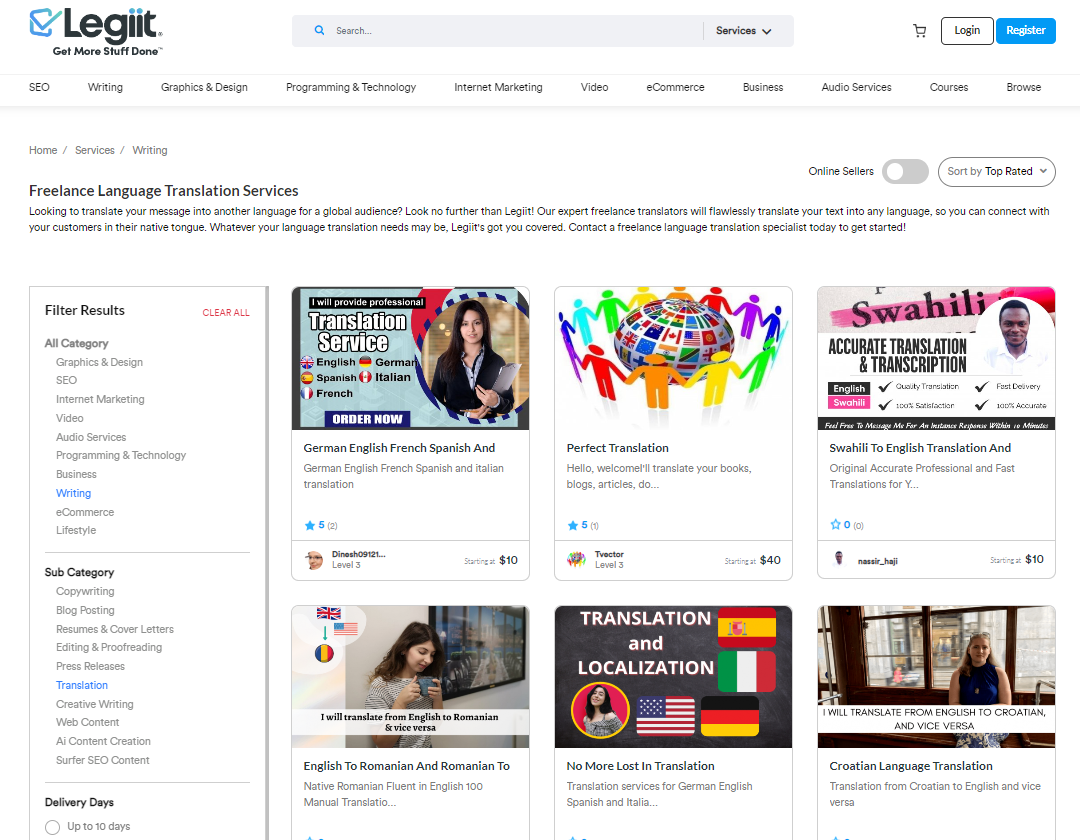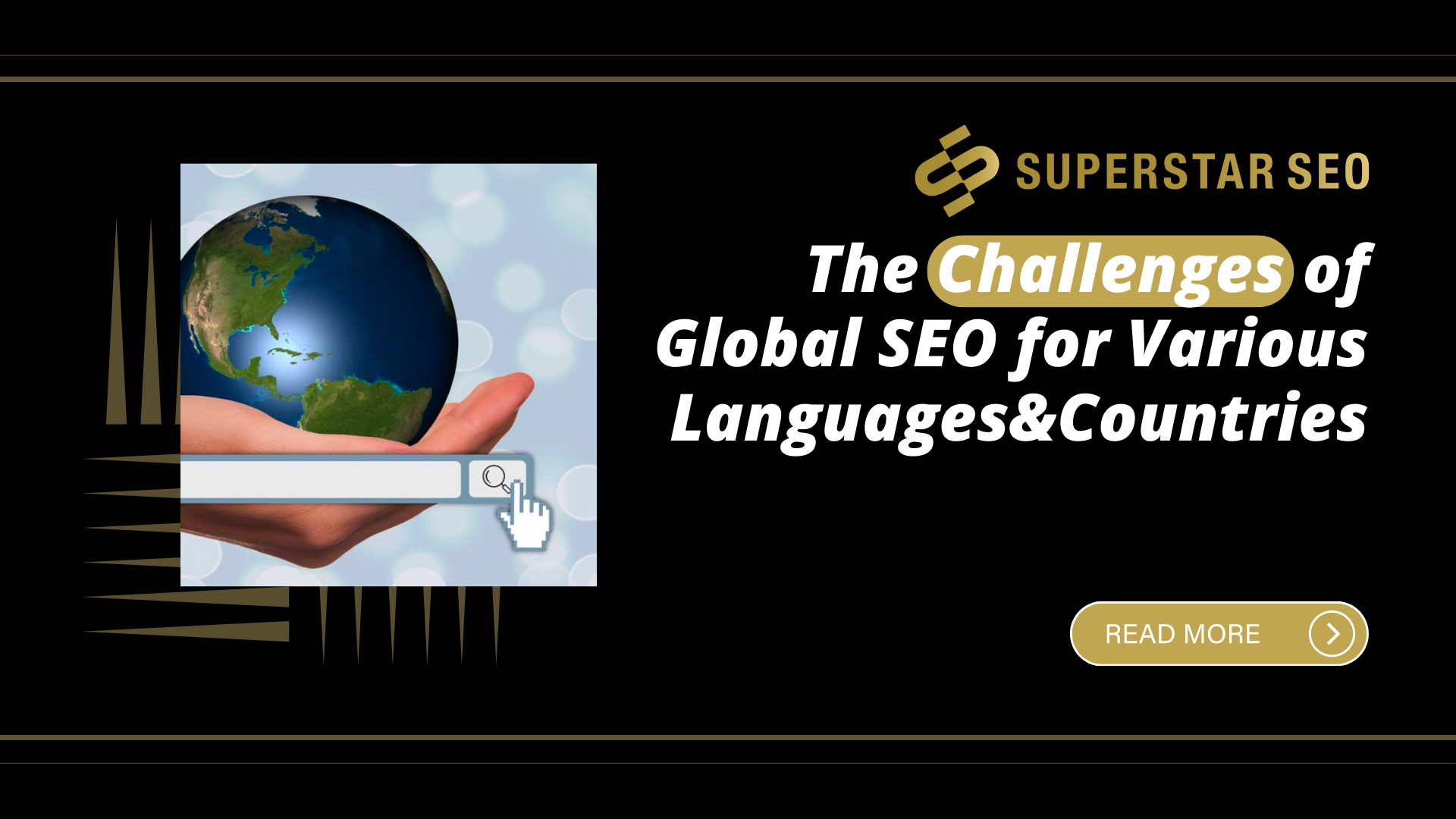Challenges of Global SEO for Various Languages & Countries
When it comes to global search engine optimization, one of the most common questions business owners ask is this: can I improve my search rankings in other countries by doing the same things I’m doing now?
Sadly, the answer is no – or at least not as easy as you might think.
The challenges of global SEO are plenty, and today we’re going to take a look at some of the most common ones that you might face as you expand your reach across the globe.
SEO is challenging enough in one language and country combination.
Still, it’s completely different when you have to optimize your content for two or more languages, as well as multiple countries.
 International SEO – Source
International SEO – Source
That’s because, with every new language and country combination, you have to take into account things like differences in keyword difficulty and competitor difficulty.
You have to ensure that your website is optimized for all the different languages and countries across the world.
Why Does Localization Matter?
In order to reach international markets, your website must be visible in all major search engines, including the country specific search engines.
This is where international SEO comes in.
International SEO keyword research can help you identify the best keywords to target in different languages and countries.
Additionally, international SEO services can help you optimize your website for different markets.
However, global SEO is not without its challenges.
One major challenge is cultural differences. What works in one country might not work in another.
Another challenge is language barriers.
It’s a bad idea to assume one person’s language based on their location as different countries have various languages.
 Language Menus – Source
Language Menus – Source
Finally, global SEO analytics can be difficult to interpret because so many factors are at play.
Despite these challenges, a solid global SEO strategy is essential for any business that wants to reach a worldwide audience.
What to Keep in Mind
1. Don’t Simply Clone Your Website into Another Language
One misconception when creating an international website is to use duplicate content for another market without the help of a native translator.
This can result in search engine optimization (SEO) issues, as well as problems with localizing content.
Relevant content for the target audience in the target country is necessary to rank high in the search engine results pages.
The key to successful international SEO is keyword research specific to each country and language and utilizing international SEO services to help with things like global link building and global SEO analytics.
With the right approach, you can overcome the challenges of global SEO and reach your target market no matter where they are in the world.
2. Map the Right Language for Each Country
The first step in international SEO is keyword research to determine which keywords are being used in each country.
Once you know the right keywords to target, you can then map the right language for each country.
This is where translation services come in handy. After all nothing compares to a human translator.
 Freelance language translation services – Source
Freelance language translation services – Source
Freelancers on Legiit can help you properly translate your content into the relevant language and probably even optimize it for each country’s search engines.
By tracking your traffic and conversions from different countries, you can adjust your international SEO strategy accordingly.
3. Proper Translation Is Essential When Choosing Keywords
When you are looking at your global SEO analytics, it is important to remember that a keyword might have high search volume in one language but be the worst possible translation in another.
This can happen because of cultural differences or because the word simply doesn’t exist in another language.
Going after the search volume is not an excellent way to select the right word for specific content.
When translating an American website into Asian languages, or vice versa, there are huge grammatical and cultural differences to consider.
Again, it would be best to hire native speakers who can understand those differences and pick the right word for your content.
4. Optimize Your Local Sites as Well – Not Only Your Main One
If you want to rank in different countries, you need to optimize your site for each country’s search engine.
But that’s not all – you also need to optimize your site for different languages.
That way, people in different countries who speak different languages can find and understand your site.
Many website owners invest a lot of money and resources to create and optimize their original or home websites.
Still, after developing multiple country/language sites, most fail to keep up with the ongoing optimizations needed for each.
So, if you decide to go global, be willing to keep investing in each of your global sites so that they will perform well.
Conclusion
If you want to succeed in the global market, you need to be aware of the challenges that come with ranking for different languages and countries.
You need to do your research, create targeted content, and build high quality backlinks from authoritative websites.
You also need to be patient; it takes time to see results from SEO efforts. But if you’re persistent, you can achieve success in the global market.





